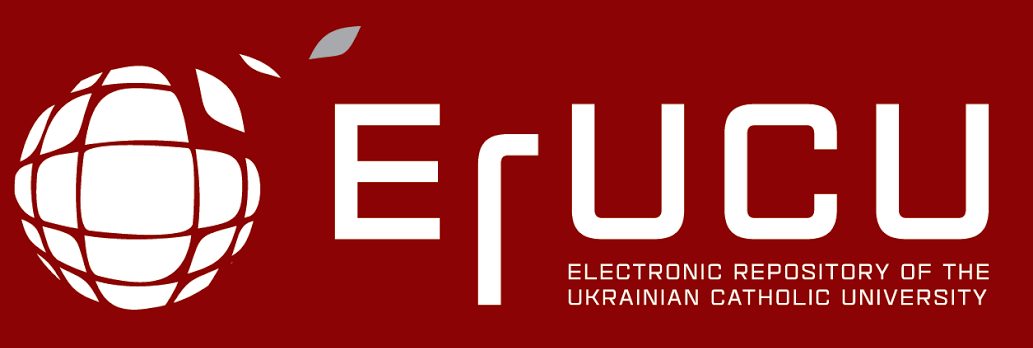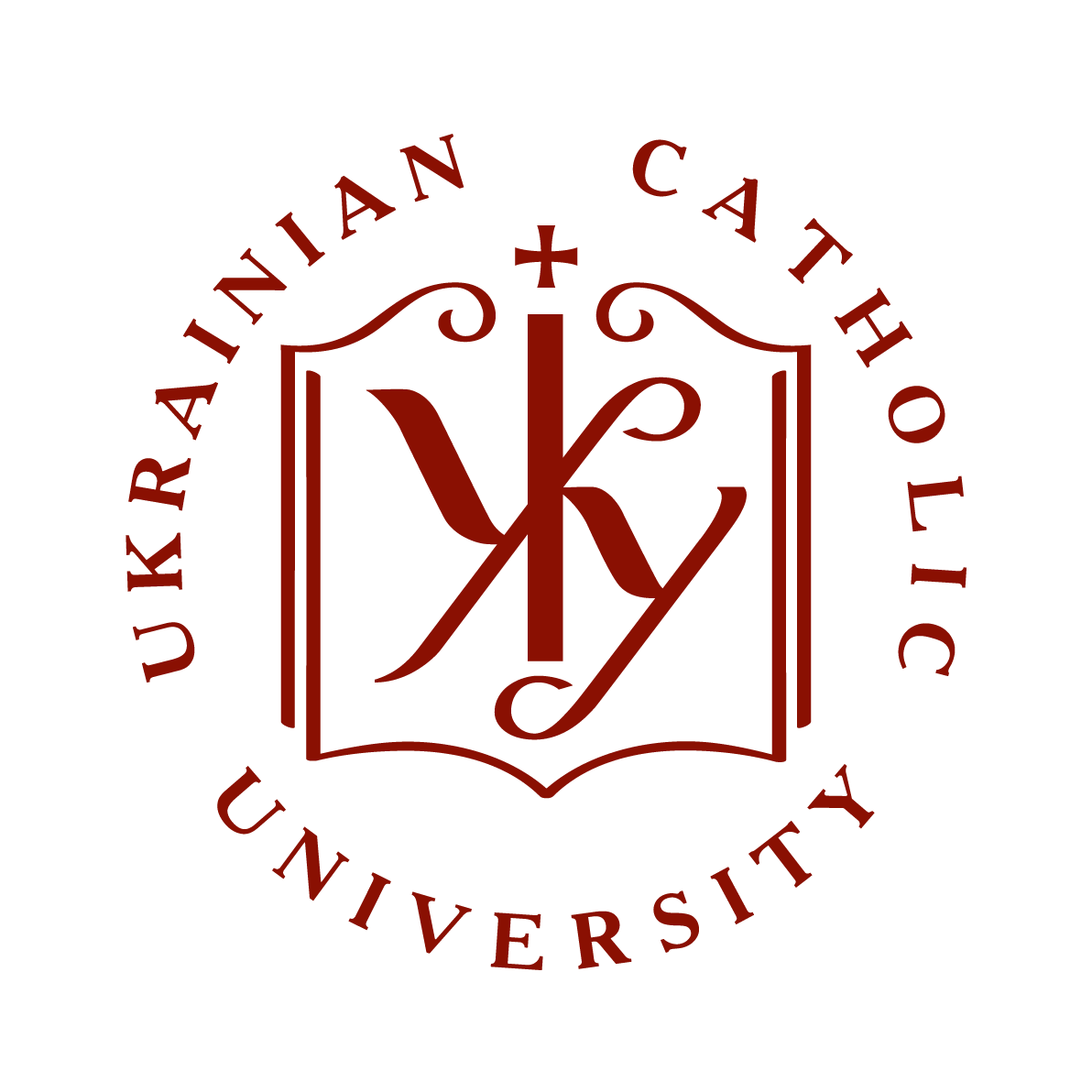Сценарії JavaScript вимкнено для Вашого браузера. Деякі функції цього сайту не будуть працювати без них.
| dc.contributor.author | Зайцев, Олександр
|
|
| dc.date.accessioned | 2022-09-03T12:48:20Z | |
| dc.date.available | 2022-09-03T12:48:20Z | |
| dc.date.issued | 2013 | |
| dc.identifier.citation | Український інтеґральний націоналізм (1920-ті – 1930-ті роки): Нариси інтелектуальної історії. Київ: Критика, 2013. 488 с. | uk |
| dc.identifier.isbn | 978-966-8978-66-1 | |
| dc.identifier.uri | https://er.ucu.edu.ua/handle/1/3249 | |
| dc.description.abstract | Монографію львівського історика Олександра Зайцева присвячено одній із найменш досліджених тем новітньої історії України – генезі та розвитку радикальної течії українського націоналізму міжвоєнної доби. Автор свідомо дистанціюється від багатолітніх дискусій про те, чи були діячі з-під прапора ОУН героями а чи злочинцями, і зосереджується на проблемі співвідношення загальноевропейських тенденцій і унікальних рис у феномені, який прийнято називати українським інтеґральним націоналізмом, – ідеології і, певною мірою, практики ідейно-політичного напряму, який сформувався в Західній Україні та колах української політичної еміґрації у 1920-х роках і був представлений Дмитром Донцовим та його послідовниками («чинний націоналізм»), Організацією українських націоналістів («організований націоналізм»), Фронтом національної єдности Дмитра Палієва («творчий націоналізм»). Особливістю авторського підходу є використання евристичних можливостей, які дає теорія політичних релігій, останнім часом успішно застосовувана для вивчення інтеґралістських ідейно-політичних рухів, а насамперед – увага не тільки до програмно-теоретичних аспектів націоналістичної ідеології, але й до мітів, символів і ритуалів, що становили не менш важливі складники досліджуваного явища. | uk |
| dc.description.sponsorship | Програма дослідження модерної історії та суспільства України імені Петра Яцика Канадського інституту українських студій Альбертського університету; Український науковий інститут Гарвардського університету; Швейцарська східноєвропейська бібліотека Бернського університету | uk |
| dc.language.iso | uk | uk |
| dc.publisher | Київ: Критика | uk |
| dc.subject | інтелектуальна історія | uk |
| dc.subject | український інтегральний націоналізм | |
| dc.subject | міжвоєнна доба | |
| dc.title | Український інтеґральний націоналізм (1920-ті – 1930-ті роки): Нариси інтелектуальної історії | uk |
| dc.title.alternative | Ukrainian Integral Nationalism of the 1920s and 1930s: Essays in Intellectual History | uk |
| dc.type | Book | uk |
| dc.status | Опублікований і розповсюджений раніше | uk |
| dc.subject.bbk | 63.3(4Укр)61-36 | |
| dc.subject.udc | 94(477):323.13(=161.2)]»192/193» | |
| dc.description.abstracten | Ukrainian Integral Nationalism of the 1920s and 1930s: Essays in Intellectual History The concept of integral nationalism describes the ideological content and practice of the political movement that emerged in Western Ukraine and in various Ukrainian political exile circles in the 1920s and comprised three main trends: the “active nationalism” of Dmytro Dontsov and his followers, “organized nationalism” (the Organization of Ukrainian Nationalists), and “creative nationalism” (the Front of National Unity led by Dmytro Paliiv). Two contradictory and almost mutually exclusive positions still compete in the historiography of the interwar Ukrainian nationalist movement: one emphasizes the liberation character of its struggle for an independent state, rejecting or ignoring integralist and totalitarian elements in their ideology and practice; the other exposes the extremist, totalitarian, and ‘fascist’ nature of Ukrainian integral nationalism, denying it any liberation and democratic elements altogether. The author of this study tries to move beyond the confrontation of ‘accusatory’ and ‘apologetic’ historiographies. In particular, he argues that: • the core myth of Ukrainian integral nationalism was a myth of national regeneration (palingenesis) in a post-liberal new order based on the domination of strong nations and races; • like other integral nationalist movements in Europe (including the fascist ones), Ukrainian Nationalists had a tendency to sacralise politics and create a kind of secular religion; Ukrainian integral nationalism, however, never completed that process; • although considering Ukrainian integral nationalism as a variety of fascism is not without foundation (especially within the framework of the history of ideas), the fascist model has a limited heuristic value for the Ukrainian case; • the proper designation for the ideology and practice of the OUN and similar movements is not fascism, but rather ustashism (from the Croatian Ustasha), which can be defined as revolutionary integral nationalism developing under conditions of perceived foreign oppression and using violence for the purpose of national liberation and for creating an independent authoritarian state. | uk |
| dc.relation.source | https://ebin.pub/1920-1930-9789668978661.html | uk |
Files in this item
This item appears in the following Collection(s)
-
Монографії, підручники та посібники [6]
Textbooks, monographs, manuals, study aids


